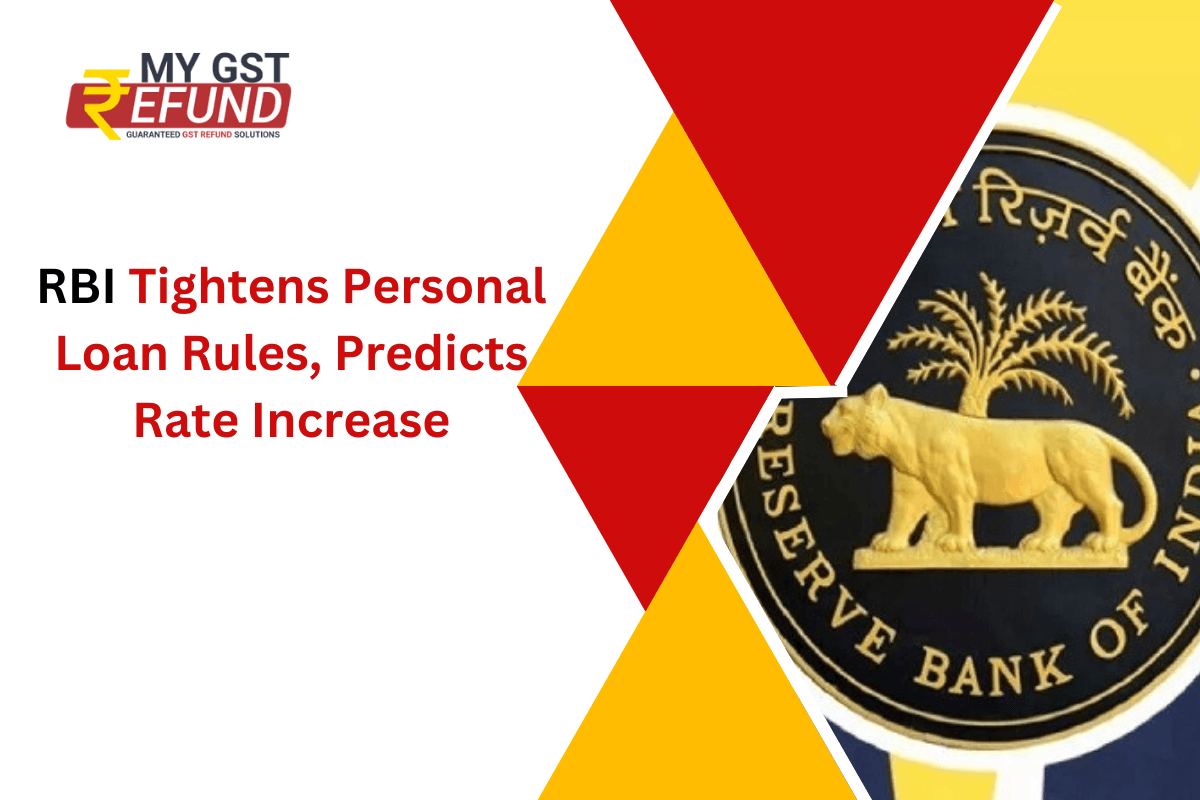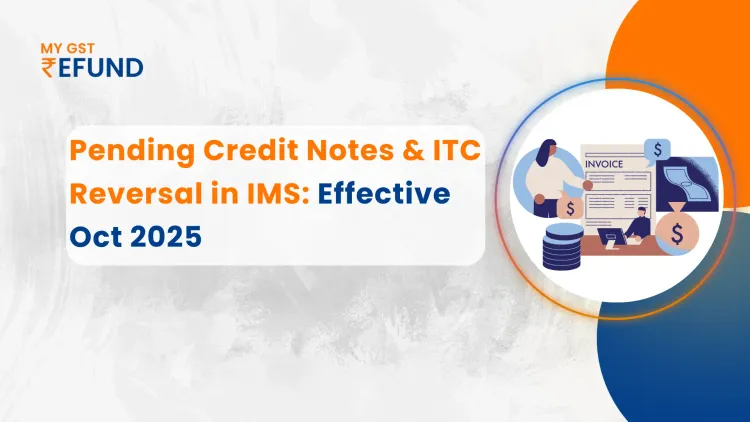RBI Tightens Personal Loan Rules, Foresees Rate Hike
Published on: Sat Nov 18 2023
RBI Tightens Personal Loan Rules, Predicts Rate Increase
The Reserve Bank of India (RBI) has taken a significant step to fortify the financial system by raising the risk weight on consumer credit exposure of commercial banks and Non-Banking Financial Companies (NBFCs). This move, effective from November 16, 2023, is anticipated to impact lending rates, as banks will now need to set aside more capital for every loan.
Changes in Risk Weight for Consumer Credit:
The RBI's decision involves an increase in the risk weight from 100% to 125% on consumer credit exposure of commercial banks and NBFCs. This adjustment applies to both outstanding and new loans, encompassing personal loans but excluding housing loans, education loans, vehicle loans, and loans secured by gold and gold jewellery.
Background and Regulatory Intent:
RBI Governor Shaktikanta Das, during the Monetary Policy address last month, highlighted the robust growth in specific consumer credit components. In response, the central bank directed banks and NBFCs to enhance their internal surveillance mechanisms, mitigate any potential risks, and implement specific safeguards. This regulatory intervention is aimed at ensuring the stability and sustainability of the financial sector.
Impact on NBFCs and Commercial Banks:
For NBFCs, the rise in risk weight applies to retail loans, excluding specific categories such as housing loans, educational loans, vehicle loans, loans against gold jewellery, and microfinance or Self-Help Group (SHG) loans. Additionally, the risk weight on credit card receivables for Scheduled Commercial Banks (SCBs) and NBFCs has been increased by 25%, with SCBs now at 150% and NBFCs at 125%.
Review of External Ratings and Exposure Limits:
The central bank also addressed the issue of risk associated with external ratings. In cases where the external rating of NBFCs is below 100%, SCBs are required to increase the risk weight by 25 percentage points. However, loans to Housing Finance Companies (HFCs) and loans to NBFCs eligible for classification as a priority sector are excluded from this revision.
Prudent Risk Management:
In line with these changes, the RBI emphasized that Registered Entities (REs) should review their existing sectoral exposure limits for consumer credit. It is recommended that these entities introduce board-approved limits for various sub-segments under consumer credit to enhance prudent risk management practices.
The RBI's decision to raise risk weights on consumer credit exposure reflects a proactive approach to address potential risks in the financial system. While this move is expected to lead to a rise in lending rates for borrowers, it also underscores the regulator's commitment to maintaining the stability and resilience of the banking and financial sector in India. Financial institutions are now tasked with implementing these changes and adopting measures that align with the revised regulatory framework.
Related Posts




